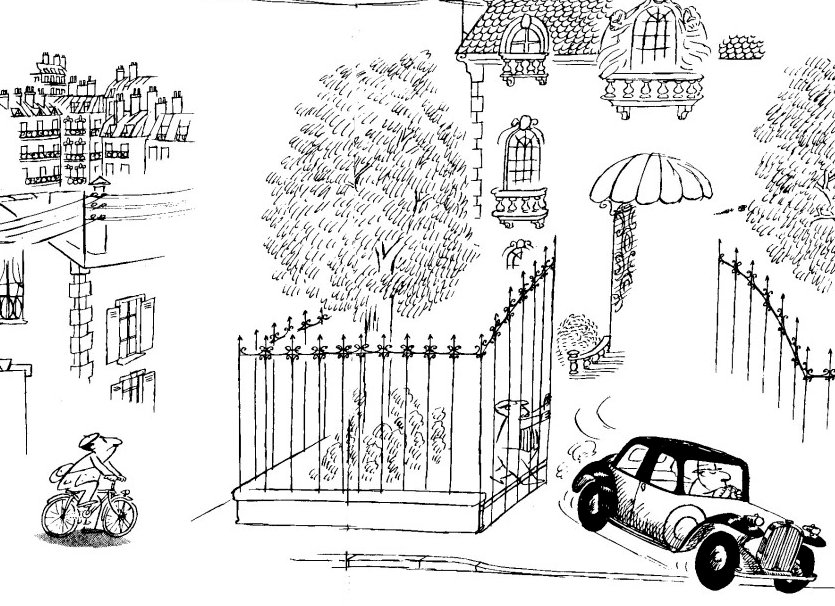
In "Nudge", @R_Thaler and @CassSunstein often argue that neoclassical economics assumes that humans behave as if they're Mr Spock, while, in reality, we behave more like Homer Simpson. There's an implicit assumption in this analogy that Mr Spock is the normative reference/ 

point : deviations from the Spock standards are suboptimal, and what they call "libertarian paternalism" should nudge people towards the choices they would make if only they were more like Spock. But @juliagalef beautifully illustrates why Spockism is not the right standard for /
rationality when you're not facing fellow Spockians. There are beautiful examples of this in experimental game theory. Consider the game where you have to state a number, and the winner is the person whose number is closest to half of the average guess. How would you play? /
(Oh, I forgot that the number had to be between zero and 100)
Now take your time to think how you would play the game if you were Spock facing other Spocks. And then how you would play it if you would face normal humans (no need to go as low as Homer Simpson). Come on, try it/
Now take your time to think how you would play the game if you were Spock facing other Spocks. And then how you would play it if you would face normal humans (no need to go as low as Homer Simpson). Come on, try it/
OK, let's follow the Spockian approach first. Given that the maximum number is 100, half of the average value of the other guesses can never be strictly larger than 50. So it is irrational to propose a number larger than 50. But if this is the case (and the other players/
are rational), then half of the average value of the other guesses can never be larger than 25. It is therefore irrational to propose any number than 25. OK, by now you should see where we are heading: the only strategy that survives the iterated elimination of dominated/
strategies is to propose zero. If everyone is Spock, the only possible outcome is a tie. But is this the best way to play in real life?
Well, economists have been running experiments where participants could play the game - with real money at stake, to be sure they face the correct incentives. The one I am best aware of, was run with CalTech students - as you know from "The big bang theory", the closest/
you get to Spock in real life. (More seriously, these are among the smartest people on earth, so if anyone should play the game rationally, they should). What was the outcome? Well, almost no one got further than the second or third round in the iterative process I /
described above. So not only did they did play the Spockian approach, but playing the Spockian approach would be the surest way to lose the game, systematically. And, remember, these people are smart as hell. So the key lesson here: being Spock should not be the standard for/
rational behaviour, because Spock simply does not have a useful model of human behaviour. By the way, this is directly relevant of course for what is currently going on around Ukraine. Even if everyone's objectives were clear (they are not) and even if /
the evaluation of the balance of forces were straightforward (it is not), it would be an error to assume Spockian behaviour. In the coming days, decisions will be made under incredible stress, decision makers will face the risk of losing face, etc etc. The late Thomas/
Shelling had lots of interesting points on this.
• • •
Missing some Tweet in this thread? You can try to
force a refresh


















